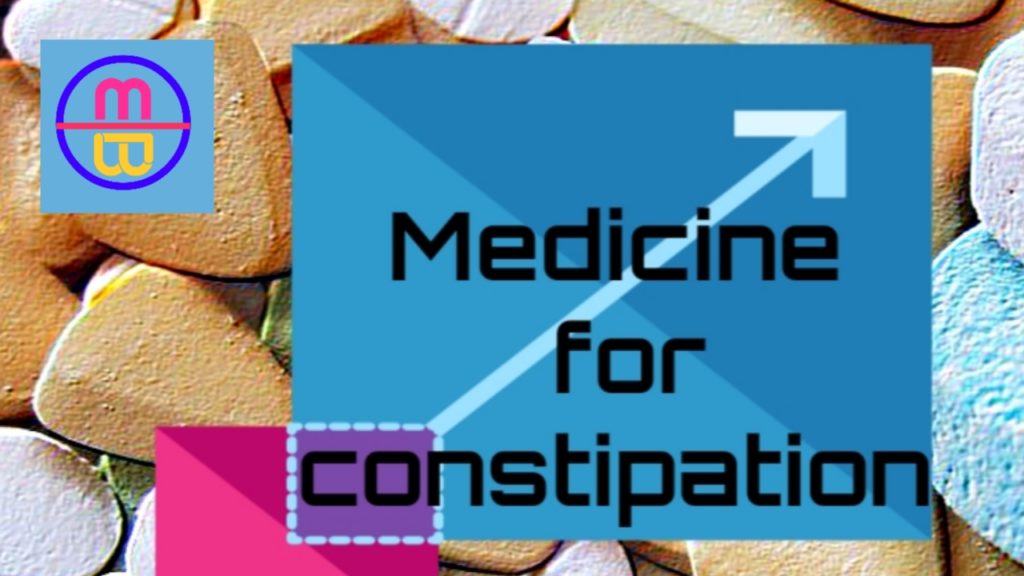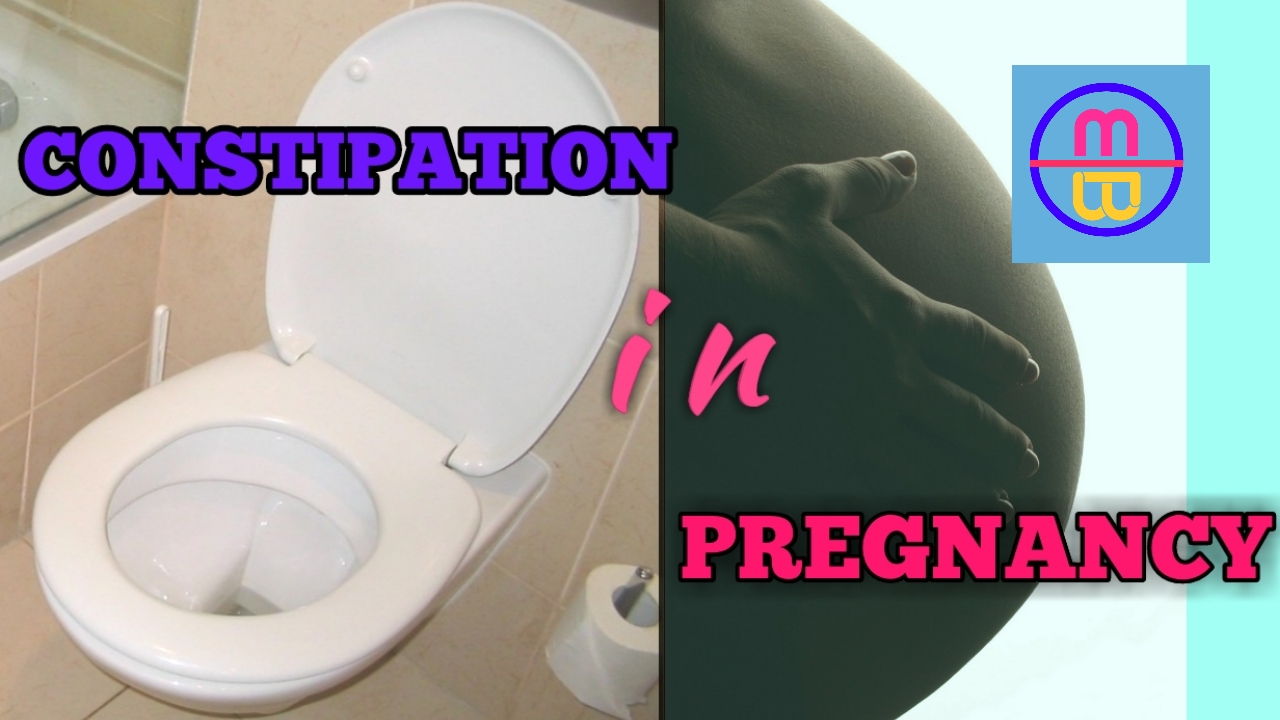Constipation in pregnancy is very common among pregnant ladies. It is so common that You, pregnant women always overlooks this symptom. Assuming that this used to happen in all cases. But you should not. Because this can lead to a troublesome type of constipation during pregnancy. Also, this can result in impacted stool in rectum and haemorrhoids in future.
In Indian women, constipation during pregnancy is more common.
Then what to do?
Many of you have any questions. Here I am trying to solve it. Hence let’s understand what is constipation in pregnancy?
Constipation is simply the formation of hard stool in the rectum which pose a difficulty to pass down through the anal canal.
Causes of constipation in pregnancy
- Increase level of progesterone in pregnancy
- Low level of exercise
- Low fibres in diet
- Less consumption of water
- Iron and calcium supplements
Progesterone level
Progesterone is a normal hormone of any women. It Deals with the menstrual cycle of women. But it never increases in amount as in pregnancy. Constipation start as progesterone levels rises,( around 2nd to 3rd month of pregnancy.) It may get worse as pregnancy progresses and your uterus grows.
Progesterone causes the muscles in your large gut to relax, allowing stasis of food for longer duration in the intestine (large intestine). This is planned by the pregnant body to get more time for nutrients to be absorbed into the blood to reach her baby. But there is a side effect also. Because of this, you get a hard stool to pass.
Your expanding uterus also compresses over large gut making its activity slow.
In India, Pregnant women always advised to relax when they came to know that they are pregnant. This leads to less than normal daily muscular activity. Unless advised by a doctor to take bed rest you must do your all daily routine activities. Also, you should follow some pelvic exercises advised by your doctor.
Walking, swimming will also help you a lot. exercises will stimulate your intestine to work. exercise three times a week for 20-30 minutes will be sufficient.
Even just a 10 minute walk daily is enough.

Low fibres in the diet
If you have enough fibres in your diet routinely, you must increase it in case of pregnancy. And if you are lacking it, you must increase it.
Ideally, you must consume 25 to 30 grams/ day of dietary fibre from green vegetables, breakfast, fruits, cereals, whole-grain bread.
simply eating plenty of whole-grain cereals and bread, legumes, fresh fruits and dried fruits will be sufficient. No need to calculate for fibre intake. Green vegetables, kiwi fruit has a potent laxative effect. Always drink a lot of fluids along with fibre intake because inside our body fibre gets swollen by absorbing water. Hence you need to take an extra amount of water.
Water consumption
Drinking plenty of fluids is important whenever you are taking fibres in the diet. Drink 5 to 10 glass of fluids each day. combination of a high fiber diet and lot of liquids will help you elimination of your waste. In hot and humid climates, and when you do exercise, demand for additional fluids increases.
You can take lukewarm water and lemon, which help to stimulate your intestine to act faster. It is commonly practised in India
Iron and calcium supplements:
Iron and calcium may contribute to constipation. Good nutrition food often meets your iron needs during pregnancy. But in developing countries, it is observed that pregnant women are seen always anaemic. Hence they are always advised to take Iron and calcium supplement along with their diet.
Taking smaller doses of iron throughout the day. Means taking a dose in small amount 2 times than taking the large dose as single. Simply it’s mean that if you are taking iron syrup 2 teaspoons 2 times. Then take it 1 teaspoon 4 times, when you have constipation during pregnancy.
Even don’t take the large meal as routinely you are taking before pregnancy. Divide it and take it 4 to 5 times. This will definitely reduce gas formation and constipation.
Treatment
In pregnancy the first line of treatment is
Addition of dietary fibre,
Taking plenty of fluids,
And daily exercise.
Probiotics like yoghurt also improve bowel function.
If these are ineffective, then you can take some laxatives with the help of your doctor as the second line of therapy.

Bulk-forming agents
Bulk-forming agents are not absorbed from the intestine. Hence not associated with increased risk of malformations. Means no any risk to your developing baby. Therefore, they are considered safe to use during pregnancy. But sometimes they are not effective and might cause side effects such as gas, bloating, and cramping.
Stool softeners
Docusate sodium has not been associated with adverse effects in pregnancy. But should be used with caution.
Osmotic laxatives
Lactulose, lactitol and polyethylene glycol (available as syrup) are poorly absorbed from the intestine. Hence their use has not been associated with adverse effects. With this also you may experience symptoms like flatulence and bloating.
Stimulant laxatives
Absorption of bisacodyl ( Tab. Dulcolax) is minimal.
Senna ( available as sennalax) does not appear to be readily absorbed systemically. But still a chance of abdominal cramps with the use of stimulant laxatives are there.
Conclusion:
Constipation during pregnancy should not be overlooked. It is to be discussed with your treating doctor. And this will not a short term treatment. Hence it is to be planned according to the risk involved or risk judged by your doctor.
The complications of such constipation found after delivery of a baby. These are the formation of Hemorrhoids and Fissure in ano. Hence if post-delivery of a baby you have some anal pain or problem, you should contact proctologist.
To read more about role of Duphalac syrup, which is common in pregnancy constipation, click here,

